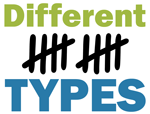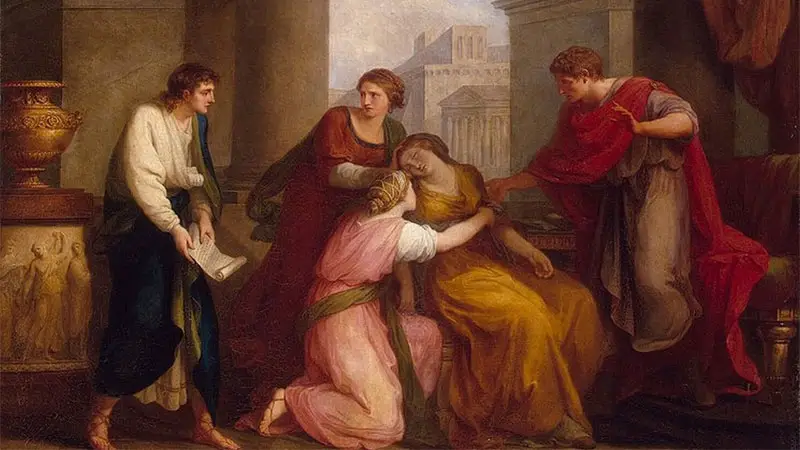What is an epic? Epic literally just means a word, speech or a song. An epic can mean a long story written about an infamous person with regards to heroism or a heroic act. Examples of well-written epics include the ‘Lliad’ and “The Odyssey’.
One does not just wake up and begin writing an epic, it takes style and well defined literary styles to write an epic, well a good one at least. The heroes narrated in an epic may be historic or traditional, some are fictitious and may not be true.
How do you tell an epic from one that is not? How do you come up with a good epic poem? There are standards of epics and a few characteristics that will always appear in well composed and written epics. They include:
- Clearly, from the look of it, an epic is very long and bulky. It’s so long that it may even be divided into several literal books. For example, John Milton’s ‘Paradise Lost’ and Homer’s epics are both divided into 12 books.
- Epics will always be telling about the life of heroes or prominent people and legends with tales of heroism. It may be traditional or nationwide or even international figures. The hero or heroine may be characterized by great traits and abilities that may be fictitious or even real.
- One thing that an epic may not miss is a hint of exaggeration in that the story may be imaginative and contain some bits of untruths. In some instances, the legend or characters as a whole may be given characters that are impossible with reference to the nature of man. The main tool of exaggeration here might be hyperbole.
- There is also a hint of supernaturalism in an epic whereby the narrative may be filled with the existence of powers and beings that have super abilities. Most epics containing supernaturalism are the traditional epics, nevertheless, other forms of epic may also contain supernaturalism.
- An epic is also written with the aim of passing on an important lesson to the audience that may include bravery, honesty, and probably patriotism. These are what we call morals of the story. An epic should not lack a moral lesson.
- The theme of an epic is not only geared towards the local community or the people with whom the poet interacts with, an epic is universal in that it may apply to a larger group of people worldwide.
- One other interesting fact about epics is the carefully selected words and an elegant style of writing. An epic has an artistic touch and a lofty feeling.
Epics are used as a form of entertainment or a way to teach a moral lesson. They were and are also still used to encourage valor and bravery among people.
Types of Epic
1. Folk Epic
A folk epic is also commonly known as primary epic. There are distinguishing features of the folk epic.
- One is the fact that the folk epic is very ancient and old. Folk epics are traditional and have been passed down from one generation to another through oral means. Hence, it isn’t surprising that most of folk epics have unknown authors even though they may be linked to a particular community or a people.
- The folk epic contain lots of supernaturalism since they have a traditional origin and are very old. Examples of folk epics include ‘Beuwolf’ and ‘Paradise Lost” which have even been produced in the theaters as films.
- Most of the folk epics are still in oral form and have missing bits with not very well structured form meaning there might be patches of information missing.
- The folk epic is entirely a result of local beliefs and mythologies including gods, demons, angels, werewolves, etc.
- Other examples of folk epics include: ‘Bayajidda’ from the West of Africa and ‘Tunkashilla’ an American Indian epic.
See Also: Different Types of Mages
2. Literary Epic
Literary epics may also be known as secondary epics. A literary epic is a folk epic that has been given a structure and may contain far more detail that might not be found in the folk epic.
Folk epics have their origin mostly from an oral epic. That said, literary epics might be the complete opposite of the folk epics. How?
- Literary epics are more structured and will contain a good style of words and an artistic structure.
- They contain the thoughts and imaginations of the author and are not dictated necessarily by past events and history.
- A folk epic may be made literal through a few omissions and additions of words in the epic.
- Literary epics are more structured and are as a result of well-planned phrases and themes.
- It is very common for literary epics to have a twist of language and style.
- Examples of literary epics include Virgil’s Aeneid and Lucan’s Pharsalia which is written in Latin.
3. Oral Epic Poetry
Oral epic poetry simply means poetry that is not written but otherwise passed by word of mouth or by speech. Most folk epics are in oral form or had first been in oral form before being jotted down.
Therefore most oral epics constitute of traditional legends and heroes down in history when there was no writing means available. The most common oral epics include the “Lliad” and “Paradise Lost”.

